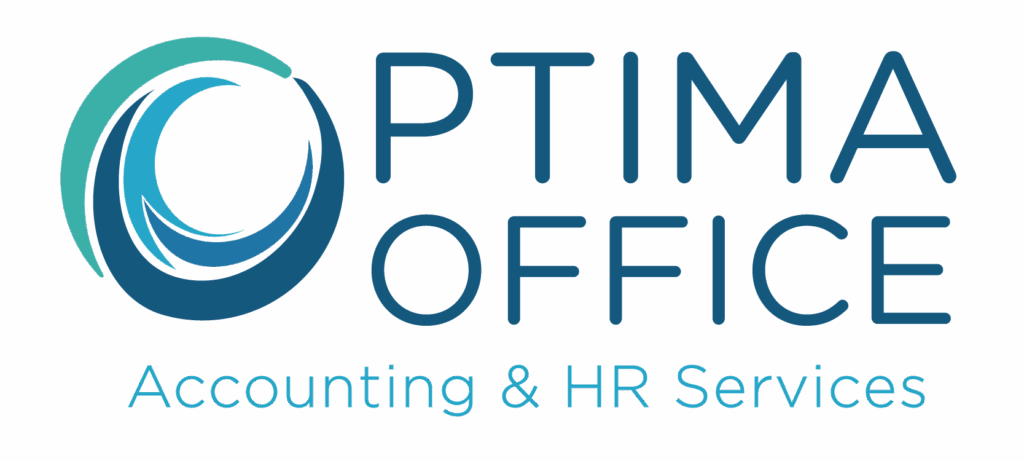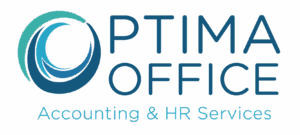The article “Business Owners Should Not Forget Anti-Money Laundering Rule Currently in Legal Limbo” was published on December 17, 2024. Mae Anderson of the Associated Press discusses the current legal status of the Corporate Transparency Act (CTA), which mandates that small businesses register with the Financial Crimes Enforcement Network (FinCEN).
Despite being in legal limbo, the requirement aims to prevent money laundering by uncovering businesses’ true ownership.
Key Aspects of the FinCEN Registration Requirement for Small Businesses
- FinCEN Registration Requirement: Small business owners must register with the Financial Crimes Enforcement Network (FinCEN) as mandated by the Corporate Transparency Act (CTA) passed in 2021. This act affects an estimated 32.6 million small businesses that must register personal details such as photo ID and home address.
- Potential Penalties: If unaware of this requirement, small business owners face possible penalties of up to $10,000. Businesses with over 20 employees and more than $5 million in sales may qualify for exemptions.
- Current Legal Status: The enforcement of this rule is currently suspended due to a preliminary injunction issued by a federal court in Texas on December 3. This makes registration voluntary for now, but this could change if the injunction is appealed.
- Purpose of the Act: The CTA aims to expose shell companies and counteract money laundering by making business ownership transparent. This initiative is designed to thwart criminals and other illicit actors from using the financial system to launder money.
- Compliance Timelines: The rules, effective from 2024, set a registration deadline of January 1, 2025, for existing businesses. New businesses starting in 2024 are given a 90-day registration period.
- Concerns and Opinions: Doris Dike from Dike Law Group voices concerns about FinCEN’s intrusiveness and efficacy in combating money laundering, suggesting that existing laws already cover business ownership. She advises businesses to register before the January 1 deadline, given the uncertainty over whether the injunction will be lifted or extended.
Jennifer Barnes, CEO of Optima Office, commented on the importance of proactive compliance despite the recent legal developments:
“A recent stay regarding FinCen’s Beneficial Ownership Information Reporting is just that—a stay. It is not a definitive determination on the merits of the requirement. Therefore, the prudent course of action is to file before the previously determined deadline on Jan. 1, as there is no guarantee of a deadline extension if the stay is overturned.
Barnes emphasizes the importance of staying informed and prepared to comply with the registration process, even as the legal situation evolves.
If you’d like to read more, click on this link: Associated Press News.




